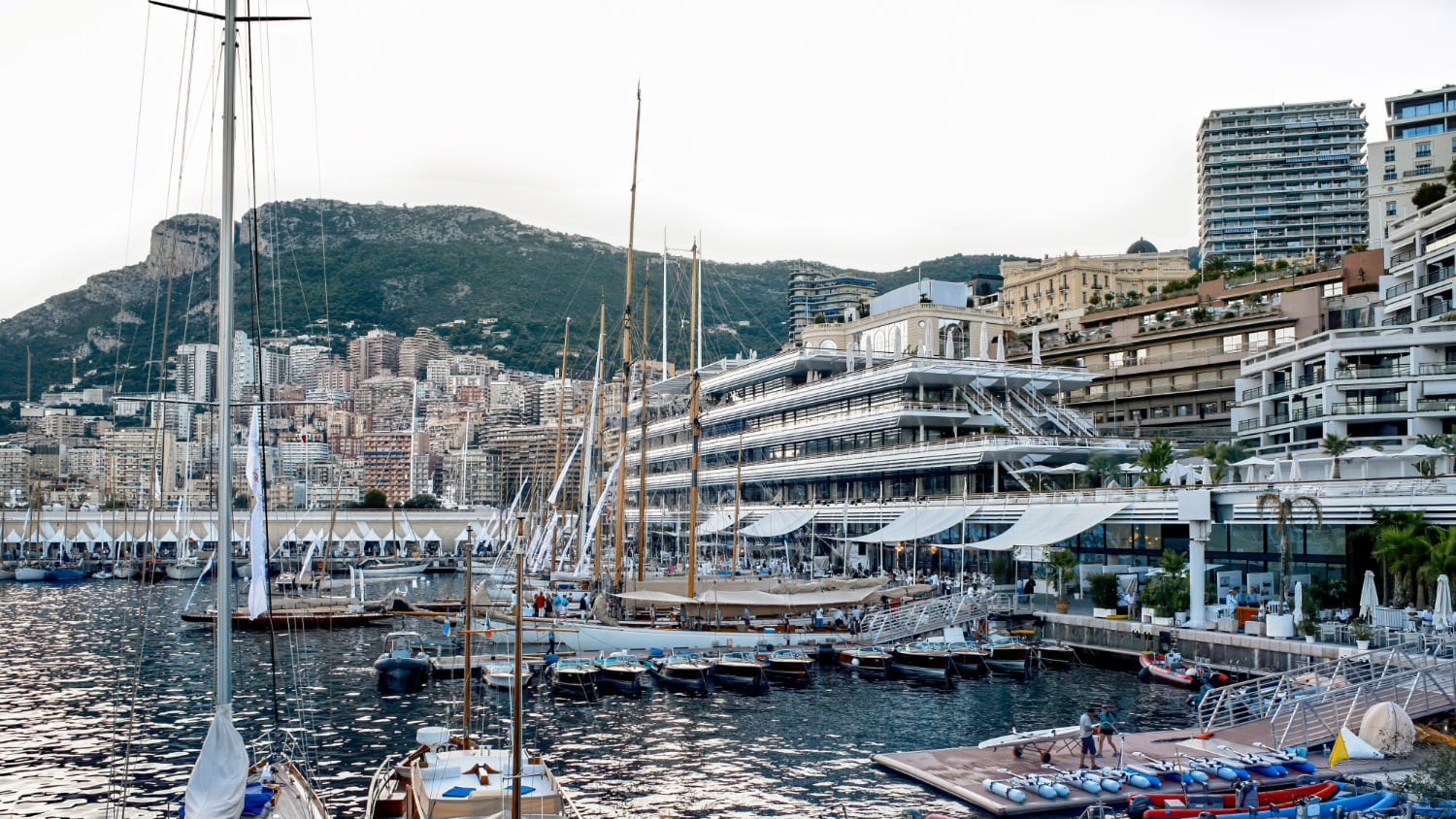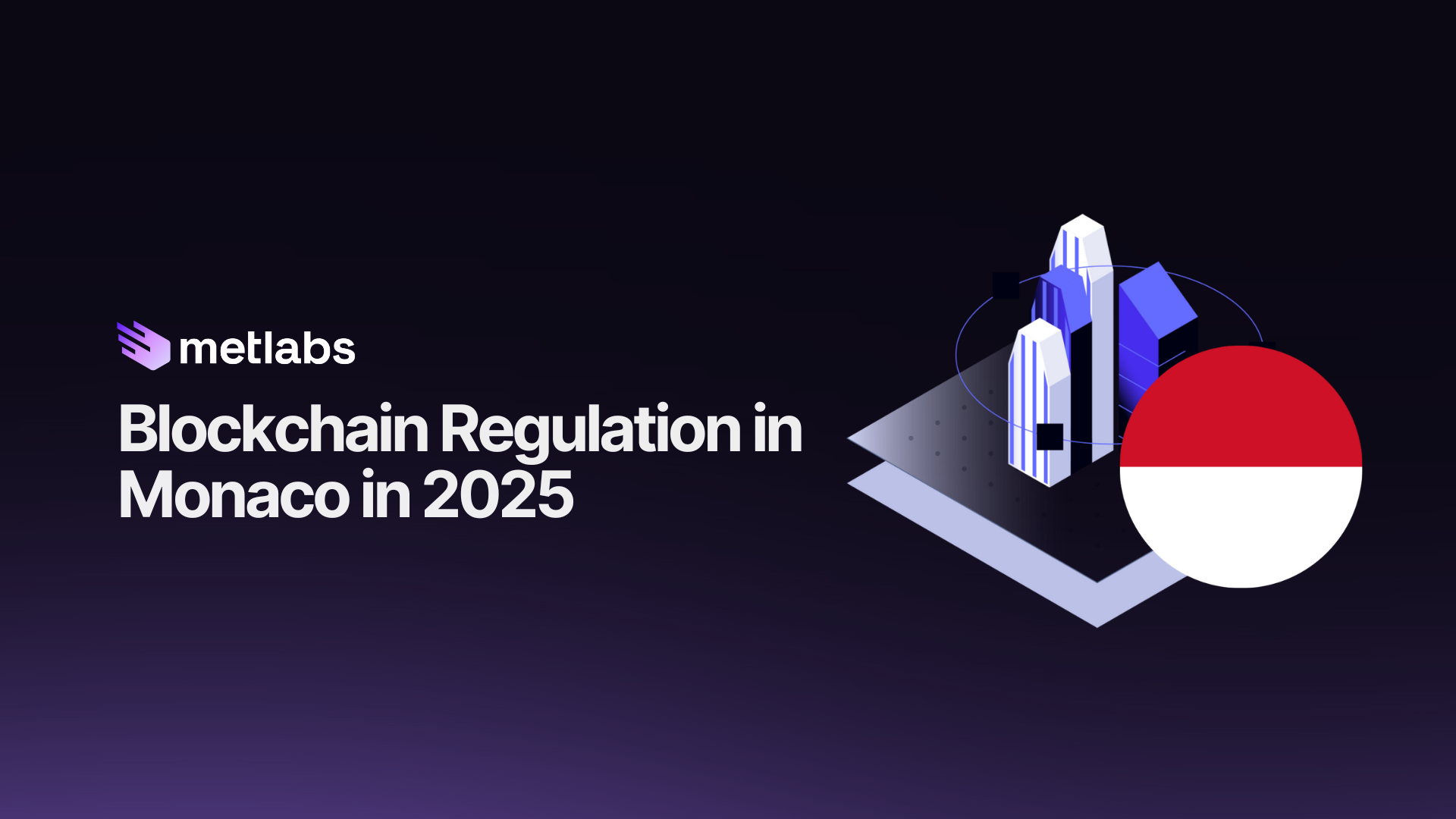The adoption of blockchain technology and asset tokenization is advancing at a rapid pace, but the real engine driving its global development is the existence of a clear, consistent and innovation-friendly legal framework.
Some countries have already established themselves as regulatory benchmarks, establishing specific rules for cryptoassets, DLT infrastructures and token issuance with legal backing. In this article we show you relevant information about blockchain regulation in Monaco, which you can use as a guide if you are looking to operate internationally or evaluate different strategic locations.

Current legislation on blockchain and virtual assets in Monaco
Law 1491 of 2020 on Token Offerings
It regulates the public and private issuance of digital tokens in Monaco, establishing the requirements for administrative authorization, investor information and supervision of offerings. This regulation provides the legal framework for the use of blockchain technology in the representation of economic and financial rights, with particular attention to investor protection and transparency of operations.
Sovereign Order 8258 of 2020
Develops Law 1491 and details the technical, financial and administrative procedures for the issuance and trading of tokens in the Principality. It includes registration obligations, capital requirements and control mechanisms for platforms and issuers, as well as specific rules for private and public token offerings, reinforcing the legal security of the digital ecosystem.
Law 1528 of 2022 on Digital Assets Services
Introduces a mandatory licensing regime for digital asset service providers such as exchanges, custodians and advisors. Requires local presence, honorability requirements and enhanced AML/CFT compliance. Aligns the Monegasque framework with international and European standards, establishing the legal validity of blockchain records for contracts and transactions.
Law 1362 on the Prevention of Money Laundering (as amended)
Law 1362, as amended, establishes money laundering and terrorist financing prevention obligations applicable to blockchain and cryptoasset industry players. It imposes KYC controls, suspicious transaction reporting and enhanced diligence obligations, under the supervision of the Monaco Financial Security Authority (AMSF).
Tokenization makes it possible to digitally represent real-world assets through blockchain, but for it to have legal value, a regulatory framework recognizing this operation is essential. Monaco adopts its own approach, establishing specific rules for the issuance, custody or trading of tokens. In this block we explain how asset tokenization is regulated from a legal point of view, taking an advanced jurisdiction such as Monaco as an example.
Regulation of asset tokenization in Monaco
Monaco has a specific legal framework in place for the tokenization of assets, both financial and non-financial, based mainly on Law 1491/2020 and Sovereign Ordinance 8258/2020. The issuance of tokens representing rights to shares, bonds or other financial instruments requires administrative authorization and is under the supervision of the Financial Activities Control Commission (CCAF), with strict requirements for transparency, investor information and compliance with the rules for the prevention of money laundering and terrorism financing (AMF/CCAF).
For non-financial assets tokenization is analyzed on a case-by-case basis, applying private law and general compliance obligations, as there is no sector-specific regime. Law 1528/2022 reinforces the legal validity of blockchain registries and requires licensing of related service providers, including tokenization and custody platforms, who must be established in Monaco and meet local honorability and presence requirements.
Monaco does not have a formal regulatory sandbox and does not participate in the European DLT pilot regime, although it encourages innovation through institutional collaborations and sectoral events. The regulatory framework is aligned with international FATF/FATF standards and is in the process of being adapted to future global requirements, ensuring legal certainty and protection for investors and institutions.
Monaco’s digital asset regulatory bodies and authorities
Financial Activities Control Commission (CCAF)
The CCAF the independent authority that supervises and regulates the financial sector in Monaco, including the granting and revocation of licenses, the issuance of tokens considered financial instruments and the protection of investors. Its jurisdiction over cryptoassets is limited to those that fit the definition of securities or financial instruments.
Monegasque Financial Security Authority (AMSF)
It is the financial intelligence unit and the authority responsible for the prevention of money laundering and terrorist financing. It supervises compliance with AML/CFT obligations by all regulated entities, including digital asset service providers, and collaborates with international bodies.
Ministry of State of Monaco
It is responsible for granting prior administrative authorization for tokenization projects and issuance of digital assets, following the evaluation of a specialized commission that reviews the legal and financial documentation. This authorization is a prerequisite prior to the public issuance of tokens in Monaco.
Launching a business based on digital assets requires more than just technology: it is also necessary to comply with legal requirements such as licensing, registration and regulatory obligations. These conditions ensure that the business model is viable and sustainable over time, and that it meets transparency and fraud prevention standards. In this section we explore what licenses are typically required and what compliance criteria blockchain companies operating in Monaco must follow.

What licenses and requirements are needed to trade cryptoassets in Monaco?
Individual authorization for issuers and operators
In Monaco, there is no automated general license for cryptoassets; each operator must apply for individual authorization with the Financial Activities Control Commission (CCAF), which assesses the legal, financial and technical suitability of the project, as well as the governance structure and associated risks. It is not allowed to operate without express approval from the regulator.
Requirements under Sovereign Order 8258
The issuance of digital tokens is subject to the provisions of Sovereign Order 8258, which requires the submission of a detailed technical and legal dossier, including the nature and function of the token, issuance conditions, risk control and justification of the traceability of the underlying asset. Only approved tokens receive legal recognition in the Principality.
Prior administrative registration
Any company wishing to operate blockchain or digital assets from Monaco must first register with the Trade and Economic Sector Registry, managed by the Department of Economic Development. Registration requires analysis of the corporate purpose, initial capital, legal officers and compliance with sectoral regulations.
AML/KYC Compliance
Mandatory for all entities operating with cryptoassets, under the supervision of the AMSF. Required to implement documented procedures for customer identification (KYC), transaction monitoring, beneficial ownership analysis and suspicious activity reporting. Failure to comply may lead to sanctions or revocation of authorization.
Are you exploring developing your blockchain project in Monaco?
At Metlabs we help companies like yours and offer comprehensive support in the development of blockchain projects and tokenization of assets such as real estate, carbon credits, commodities, intellectual property, financial instruments, franchises and more, fully aligned with blockchain regulation in Monaco and international regulatory standards.
Contact us and find out how we can help you meeting all your business model needs, from technical validation and structuring to design, development and implementation of custom blockchain solutions, ready to scale from day one.



